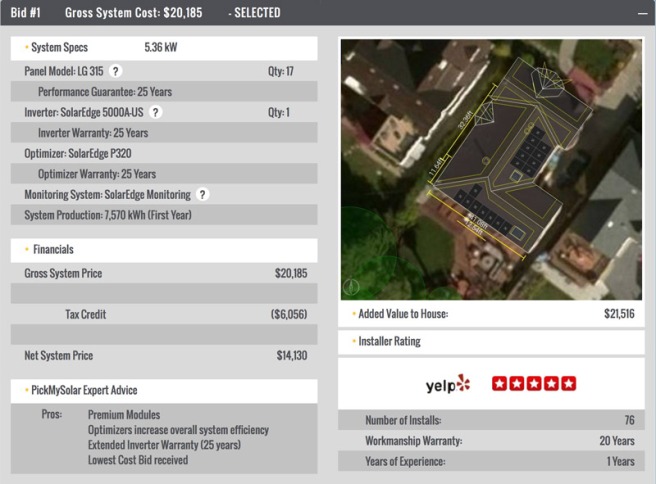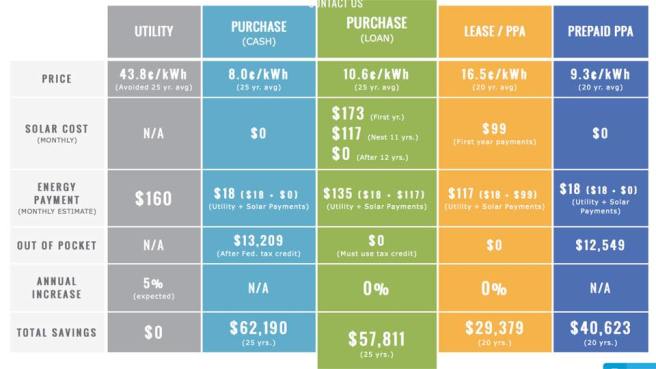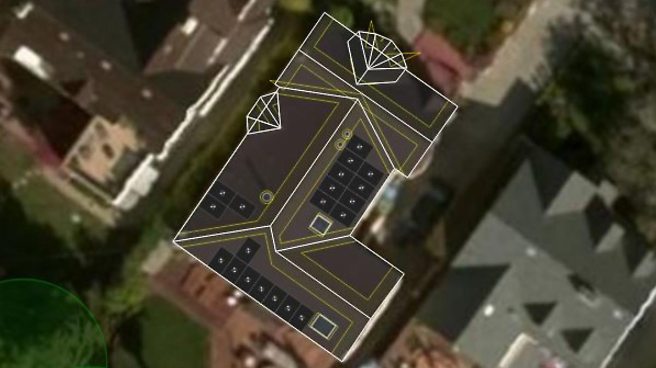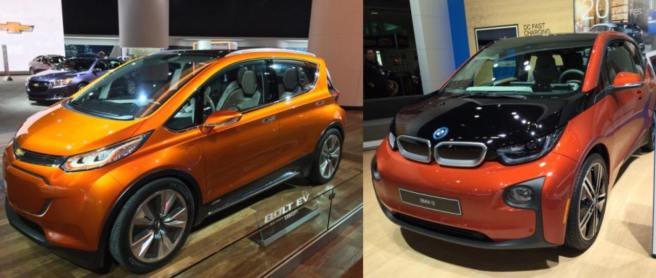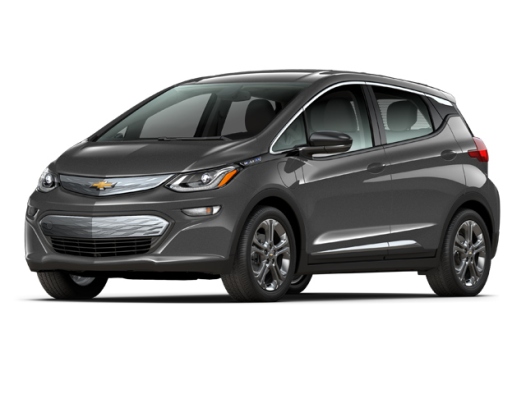
I bought the 2017 Car of the Year Chevy Bolt-with-a-B! (As opposed to the Volt-with-a-V).
I love it! But that shouldn’t be a surprise, because every electric car owner seems to love their electric car!
What cars did I consider and not buy? Here are my personal reasons. Your mileage may vary:
- I did not buy a new BMW i3 because the i3 has less range, is more expensive, and the styling is too funky. The i3 feels like the end of the last generation; the Bolt the beginning of the next generation, with much more range. The i3 with Range Extender (REX) gives range but isn’t all-in in electricity. Owners really hate having that internal combustion engine kick in.
- I did not buy a cheaper used BMW i3 because they are too expensive for the prior generation of technology. Sellers haven’t come to terms with the new reality of the Bolt. Plus the infotainment system is important to me and the Bolt has CarPlay to work with my iPhone.
- I did not buy a Nissan Leaf even though the leases are so low because I am not crazy about the styling and I wanted a better infotainment system.
- I did not buy a new Tesla S because it’s way more car than I need, because I like small cars, and because I’m just not the type of guy to spend that much on a car.
- I did not buy a used Tesla S even though they can be had certified pre-owned for about $44,000 and dropping because it felt like the car of the future in 2012
- I did not wait for the Tesla Model 3 (even though I have a deposit on it) because I’m impatient, because the $7,500 federal incentive may not be available by then, and because I’m roughly number 350,000 on the waiting list. It could take until 2019 to get one.
- I did not buy a new 2017 Volt even though it’s a highly respected car because I like smaller cars.
- I did not buy a used Volt even though they are incredible bargains ($14,000?) because I wanted something new and exciting.
Risks I took in buying a Bolt EV
- I risked that this brand new car won’t have any serious first-model-year bugs. I’m hoping with Chevy’s 10 years of experience with the Volt, and the relative simplicity of electric cars, it will be ok.
- By buying instead of leasing, I risked that this car will have decent resale value. Cars like the Tesla hold their value pretty well. Cars like the Leaf and the Volt depreciate very quickly, in large part because of all the 3 year leases coming due.
- I risked that Trump won’t eliminate the $7,500 federal tax credit before I get to take advantage of it this time in 2018.
It was a difficult choice, but I am really enjoying the Bolt and can’t wait to drive it again! It’s an amazing car… 238 miles of range, lots of gizmos, very zippy, great handling.

